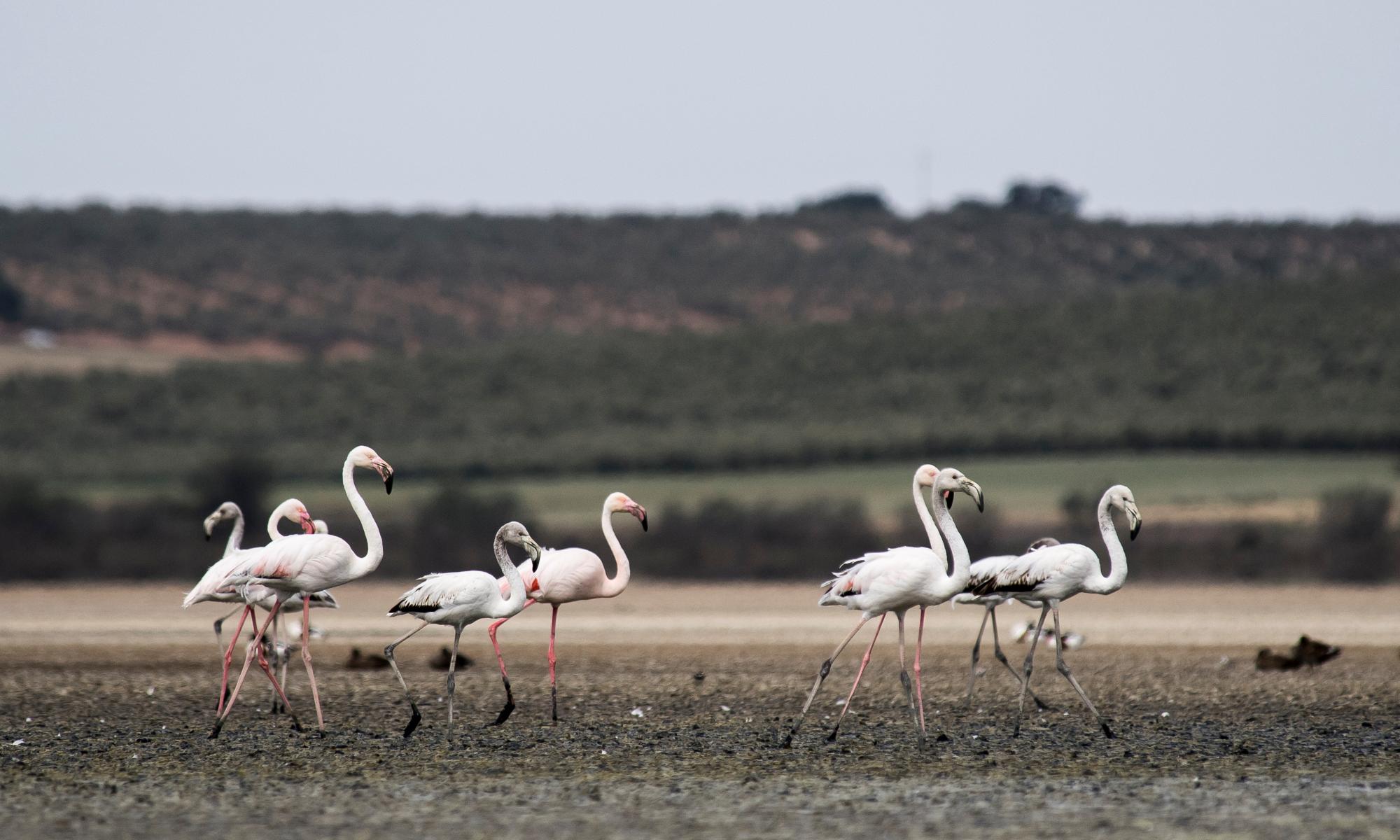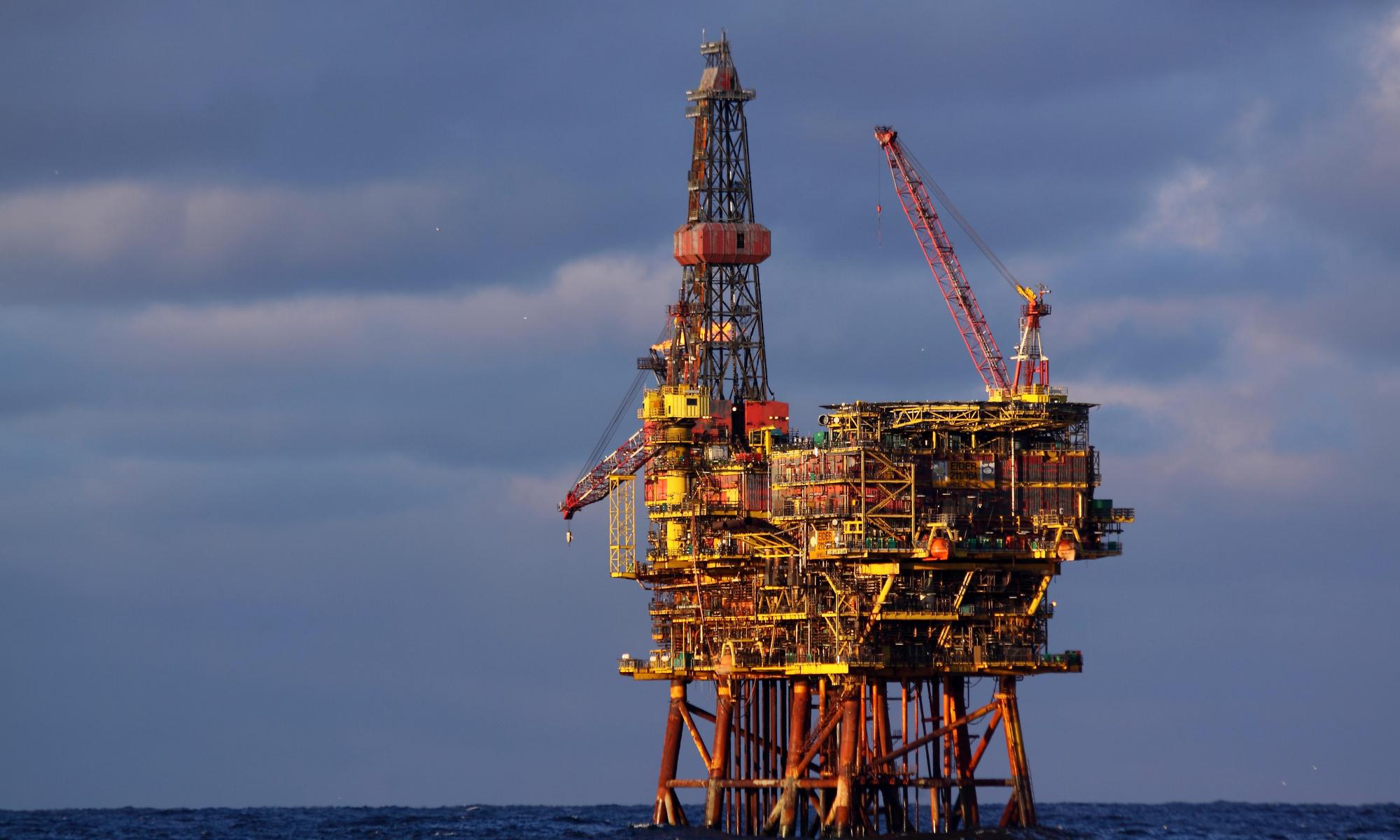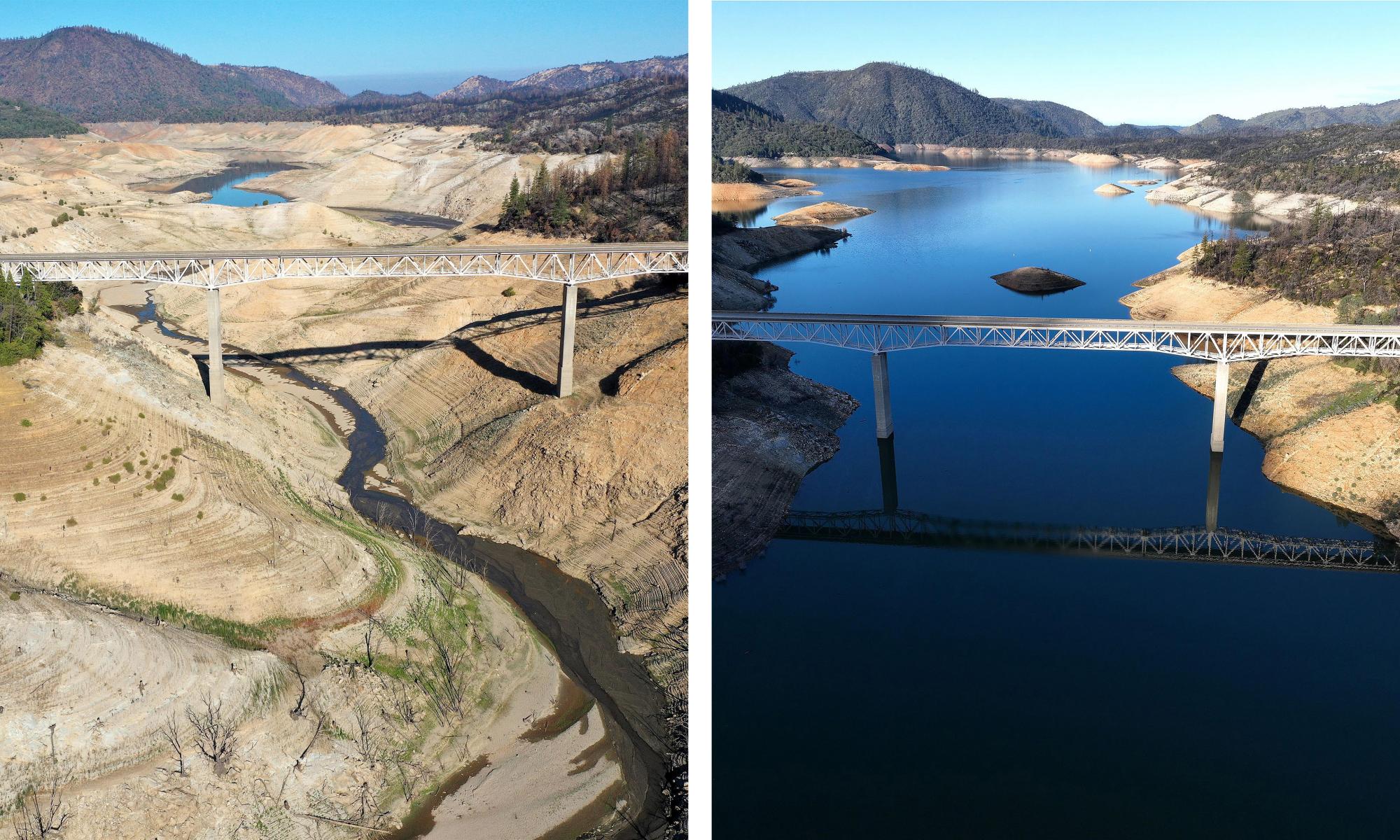The prospects for an expansion of oil and gas drilling in the North Sea have cleared a major hurdle, as the Committee on Climate Change said “stringent tests” must be applied to any new exploration licences but stopped short of saying they could not be issued.
New drilling would not reduce energy bills for UK consumers, the committee found, and its chair, former Conservative environment secretary Lord Deben, said he would “favour” a moratorium on North Sea exploration.
He said refusing new licences would “send a clear signal to investors and consumers that the UK is committed” to its climate goals, and help to “strengthen climate ambition internationally”.
But the committee, which is the statutory adviser to the government on the net zero goal, concluded that as it could not establish clearly whether new exploration would significantly increase greenhouse gas emissions globally, and as considering the UK’s energy security went beyond its remit, any decision on new licences must be taken by ministers.
“Weighing these advantages is an inherently political decision, which goes beyond climate policy and sits rightly with government, not with my committee,” wrote Deben, in a letter to business secretary Kwasi Kwarteng published on Thursday.
He also made clear that producing more North Sea oil and gas would do little or nothing to help UK consumers cope with high energy prices. “Any increases in UK extraction of oil and gas would have, at most, a marginal effect on the prices faced by UK consumers in future,” he wrote.
Despite these warnings, the committee’s conclusion is likely to boost controversial government plans to license new oil and gasfields in the North Sea.
Green campaigners said any exploration for new oilfields, to rejuvenate the North Sea’s declining production, would have disastrous impacts on the climate.
Tessa Khan, director of Uplift, which campaigns for an end to fossil fuel extraction, said: “The committee’s opposition to continued North Sea exploration is a clear acknowledgment that there is a limit to what we can safely burn. There’s no justification for these developments, which will see the oil in them exported. They won’t lower bills or contribute to UK energy security. All they’ll do is increase industry profits.”
The UK hosted the Cop26 UN climate summit last November, and will continue to direct international climate efforts this year as president of the UN negotiations. Deben made it clear that allowing new oil and gas extraction would have a “material” impact on the UK’s ability to encourage other countries to improve their climate targets.
“Continuing to allow extraction may weaken UK diplomacy to encourage other countries to adapt ambitious climate policies. It is also important on a domestic state for their to be a perception that government policy is fully aligned with net zero, rather than being undermined by questions such as seen over the last year with the proposed coal mine in Cumbria and the Cambo oilfield,” he wrote.
Caroline Lucas, the Green party MP, warned of the impact on the UK’s attempts to bolster the achievements of Cop26. “New North Sea oil and gas developments send out totally the wrong signals both to UK businesses and consumers and the wider world,” she said.
“The UK Cop president, Alok Sharma, is being cut off at the knees in his diplomatic efforts to keep [the global heating limit of] 1.5C alive – the key objective of the Glasgow climate pact. These licences don’t make climate sense, they don’t make diplomatic sense and they don’t make financial sense, and no amount of so-called climate compatibility tests will change that.”
However, the committee’s advice that climate tests should be applied to licences that have already been issued, such as that to the Cambo oilfield, was welcomed. Danny Gross, campaigner at Friends of the Earth, said: “It’s reassuring that the government’s plan to apply climate tests only to new licensing rounds is totally wrong in the committee’s view. This loophole would allow dozens of carbon-intensive projects that have already been licensed, but not yet approved, to escape these tests.”
The government is consulting on a “climate checkpoint” that would require any new oil and gas licences to pass a series of tests on their environmental impact. Kwasi Kwarteng, the business secretary, is expected to review at least six applications for new drilling licences in the North Sea this year, after a similar number were approved last year.
A spokesperson for the Department for Business, Energy and Industrial Strategy said: “There will continue to be ongoing demand for oil and gas over the coming decades as we transition to cleaner and cheaper forms of energy generated in this country. Turning off North Sea gas overnight would put energy security, British jobs and industries at risk and we would be more dependent on foreign imports. We welcome the committee’s acknowledgment that carbon budgets can still be met if new oil and gas fields are developed in the UK.”
The committee also emphasised the role of insulation and renewable energy in cutting energy bills. Scrapped housebuilding regulations would have knocked about £40 off energy bills, and if the 2030 target for offshore wind had been brought forward sooner, consumers would be £100 a year better off.
Rosie Rogers, head of oil and gas transition for Greenpeace UK, said: “Anyone who’s read this advice and thinks the North Sea’s future lies in oil and gas is utterly deluded, because it will take decades and won’t ease energy bills. What we need to tackle bills and climate change is home insulation, heat pumps, electric vehicles and renewable power.”
She added: “The future of the North Sea is in renewables. Our economy, our energy security and our climate depends on it.”


